The 38th week can be the last week of your pregnancy, especially if you have not the first child. Your baby is getting heavier and weighs about 3 kg, and his height reaches 48-50 centimeters. The baby is absolutely ready for birth. Mom always needs to be in touch with loved ones, because childbirth can begin at any time.
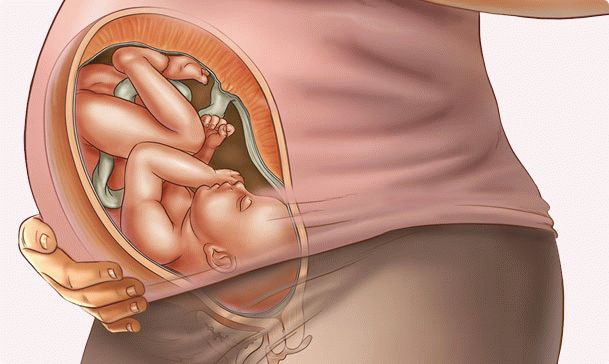
How many months?
When doctors talk about the 38th obstetric week of pregnancy, this means that 36 weeks have passed from conception, that is, exactly 9 months (about the timing and calculation methods read here).
How the fetus develops at 38 weeks
Your baby is already fully prepared for life outside the womb. With it there are no cardinal changes. The baby continues to gain only a little weight and stretch in length. And in his small body, work is underway to bring to perfection the functioning of all systems and organs.

Internal changes
The placenta, which provides nutrition to the fetus, ages and becomes thinner. Reducing the amount of nutrients a child receives inhibits weight gain. Now the mass of the baby is not increasing much, since the bulk of all the useful substances is spent on his life. A small heart beats at intervals of 120 - 160 beats per minute.
At 38 weeks, the crumb in the uterus becomes very crowded, so it pushes and moves less and less. But his coordination is significantly improved, and the movements of his legs and arms are no longer chaotic. You should feel about ten jolts a day. Sucking and grasping reflexes are also well developed. The baby already has a strong grip, which can be seen immediately after birth. Also, the child hiccups less.
The organs of the fetus are in good condition. And the surface of the alveoli is already covered with pulmonary surfactant, which will help the baby immediately take a first breath after birth. The liver and pancreas continue to develop. And in the intestine meconium has already accumulated - feces formed as a result of absorption of amniotic fluid.
External changes
The baby can no longer be distinguished from the newborn. Its pink skin is smooth to the touch, as the fluff has almost completely disappeared. And its head can be covered with hairs of rather decent length. Primary lubrication remained only in the folds of the body. The nails of some children already protrude beyond the fingertips. Therefore, do not be surprised if the body or face of the newborn is slightly scratched.
During this period, the testes of a male infant should be lowered into the scrotum.
Also, parents need to know that the given indicators of growth and weight of the fetus are approximate, since these parameters are highly dependent on hereditary data. If dad and mom have a small weight, then you should not expect the birth of a large child.
If you were lucky to have twins, then this week you most likely should be in the hospital. The probability of the birth of twins at 36 and 37 weeks is very high. However, if this has not happened yet, then the contractions should be expected in the 38th week. The weight and height of babies with multiple pregnancy, of course, is less than that of ordinary children. But after birth, they will quickly catch up.
Fetal position
At the 38th week of pregnancy, the tummy should already fall, and the baby should lie head down, preparing for the birth. This arrangement of the fetus is called head presentation. This is the norm. But not always the head of the child is located in the lower part of the woman's pelvis.
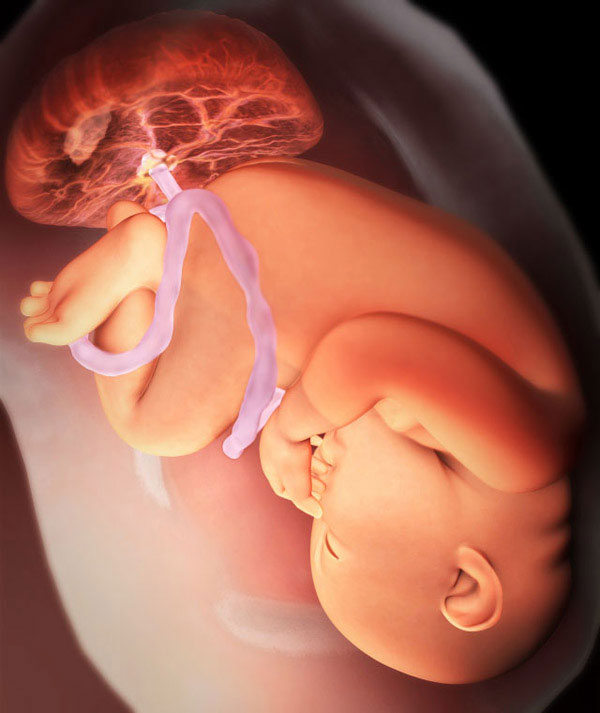
And if until this week there is a pelvic presentation of the fetus, then it is unlikely to roll over. But such a possibility exists, especially if the mass of the child is small. Therefore, when this problem occurs, mother should definitely try to do special exercises. Maybe the baby will “change his mind” and still settle his head down.
The status of the future mother
This week the mood of the future mother is not so certain. On the one hand, she wants to give birth as soon as possible in order to see the baby faster and free herself from constant discomfort, and on the other hand, she begins to overcome fear of the upcoming birth. As a rule, women carry the thirty-eighth week of pregnancy quite hard, so the desire to give birth more quickly overcomes the fear of childbirth.
At this time, most mothers overcome a feeling of fatigue. There is a feeling that the stomach is pulling, which should already fall down. It’s hard for mom to be upright for a long time, it’s inconvenient to sit, lie down and sleep. At the same time, many are visited by the desire to equip their "nest", so they tripledly take up household chores and even repairs. However, undertaking is only for feasible work for pregnant women.
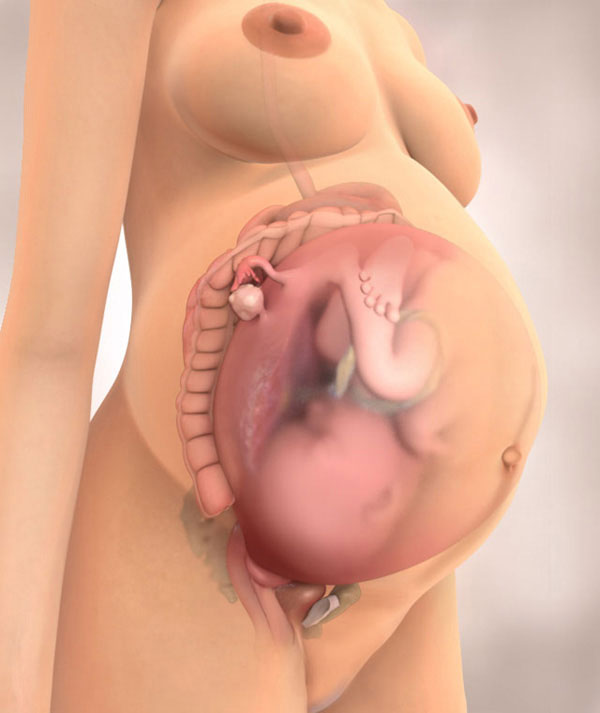
The uterus is also preparing for childbirth. The height of the bottom of the uterus is about 35-38 cm, and from the navel, it is located at a distance of 16-18 centimeters. The cervix is becoming softer. If the stomach has already lowered, then it becomes easier for a woman to breathe, heartburn passes. But now the uterus presses even stronger on the bladder, which leads to frequent urge to urinate. The same applies to the gastrointestinal tract, so diarrhea that occurs periodically is common for women who are pregnant at the 38th week.
- Weight
During this period, not only the baby, but also the mother herself gains less weight. And many women lose weight. The reason is the preparation for childbirth and the passage of the mucous plug. In general, the average weight gain throughout pregnancy should be about ten to fifteen kilograms. But women who do not monitor their diet can greatly gain weight, which leads to pain, swelling and fatigue.
- Swelling
Also, edema is characteristic of this period. It is one thing when the swelling is small, which is the norm for pregnancy. And another thing, when they arise abruptly and are accompanied by a jump in weight. In the latter case, you should immediately consult a doctor, as this may be a sign of gestosis (about toxicosis and gestosis).
- Streamers
Not happy future mother and appearance. An enlarged uterus stretches the stomach. The skin is in a tense state, from which it not only constantly itches, but can also become covered with stretch marks. Striae can appear in the abdomen, hips and even mammary glands. They are reddish grooves, which after birth become lighter over time.
Prevention of the appearance of striae is the use of special creams and various vegetable oils. But sometimes these actions are powerless against stretch marks, since heredity plays an important role in this matter. Another reason for your concern may be the navel, which, under the weight of the abdomen, turns out. But you should not worry, because after the birth of the baby he will return to his former place.
What portends the beginning of labor
The thirty-eighth obstetric week from the beginning of pregnancy is a time when you should clearly know what the precursors of childbirth are. So, the main signs that you should go to the hospital:
- Brexton Hicks fights;
These are training (false) contractions that prepare the uterus for the birth process. Such contractions begin approximately two weeks before the birth of the baby. False contractions, reminiscent of contractions during menstruation, are becoming more noticeable and cause constant discomfort in the lower abdomen.
- colostrum secreted from the chest;
This is a yellow liquid that will serve as food for the baby born during the first few days. Small spots on your bra indicate that the meeting with your child will happen very soon. Set aside your beautiful but impractical bras. Maintaining a heavier chest is better with a cotton bra with strong straps. And so that there is no trace of colostrum left on your linen, you can use special linings.
- hormonal changes, increased joint mobility, extension of the pelvic bones and a lowered abdomen.
At week 38, your body is completely rebuilt and is preparing for your son or daughter to be born. During this time, you may be disturbed by poor sleep, false contractions, swelling, as well as the feeling that your stomach is stiff and pulls down. Of course, not all future mothers have these symptoms that are so acute. Be that as it may, know that your crumbs will appear very soon, and new concerns will take the place of these problems.
If you are not the first child, be prepared for a sudden onset of labor. The birth of a second, third and subsequent children usually occurs more quickly and more simply, but much more painfully. However, this statement is not true in all cases.
What pains worry at 38 weeks
In addition to periodically occurring contractions of Brexton-Hicks, a pregnant woman experiences a number of other pain sensations. Pain in the back and lower back has become commonplace. The sensations of pulling down the abdomen also make the woman uncomfortable. Very often, especially in the evening, legs begin to hurt from a heavy load.
Often, tingling in the arms and legs is added to this. This indicates a circulatory disturbance, which is normal for the last days of pregnancy. Various diseases are exacerbated. A particularly striking example is varicose veins, which often begins to manifest itself during pregnancy. Hemorrhoids can develop due to vascular stress and poor nutrition.
As a rule, the above pains cause insomnia and lack of sleep. All these far from pleasant feelings reinforce the woman’s desire to give birth soon. But the baby decides when to be born. Therefore, it is necessary to tolerate, especially since before it was born, very little remains.If possible, alleviate pain by all possible and safe means. For example, you can take a walk before bedtime or ask a person close to you for a massage.
Discharge
Normally, your discharge at this time should be the same as during the entire period of pregnancy. That is, they should be milky in color, of a uniform structure and without a harsh, unpleasant odor. Discharge from the genital tract may vary slightly. If they turn green or bright yellow, immediately seek medical help. They may indicate genital tract infection and the possibility of infection of the fetus.
If, in addition to the usual discharge, you notice mucus on the panties that is transparent, yellowish or pinkish in color with red veins, do not be alarmed. This is the so-called mucous plug that covers the entrance to the cervix. She can begin to go out in parts about a couple of weeks before the baby is born, or it can go right before childbirth.
A sign of the onset of the birth process is the discharge of water. Sometimes they depart in a sharp stream, and sometimes they only begin to slowly leak. In any case, both situations mean that you urgently need to go to the maternity hospital, since there is very little time left before delivery.
Possible dangers
At this time, there are risks that should be known to the expectant mother. One of the threats is placental abruption. Premature detachment can occur quite unexpectedly, even when a woman is in excellent condition. Signs include abdominal pain and spotting. In such a situation, surgical intervention by a doctor is required.
Another dangerous condition is gestosis. This term refers to a disease characterized by a strong increase in blood pressure that threatens the fetus and mother. Its development can be understood by the increased protein in the urine and high pressure. Gestosis can go into eclampsia, in which loss of consciousness, cramps and even respiratory arrest are possible. Another danger is fetal hypoxia (oxygen starvation), the consequences of which can be avoided with a timely diagnosis.
It is worth mentioning about various kinds of infections. They require treatment under the strict supervision of a doctor. You should also be wary of fever, the appearance of diarrhea, constant nausea and vomiting. Be vigilant, because you are responsible not only for your condition, but also for the health of the man who is inside you!
Sex at 38 weeks
This week, most couples on their own initiative prefer to leave an intimate life until better times. However, there are those to whom the “interesting position” of a woman does not interfere with an active sex life. Indeed, if there are no contraindications, you can have sex in poses where there is no pressure on the stomach.
But it should be remembered that sex can trigger childbirth. That is why sometimes doctors strongly recommend having sex to stimulate the birth process. An intimate relationship is prohibited if the pregnant woman has any complications, improper presentation, or a cesarean section is planned. You should not take risks if you suspect that the partner is infected.
What examinations to go
In the antenatal clinic, you will pass a general urine test, your blood pressure will be measured, your abdomen circumference, the height of the uterine fundus will be measured and the size of your pelvis will be determined. The obstetrician-gynecologist will check if there are swelling on your hands and feet, see how the cervix is prepared for childbirth. Ultrasound at this time is prescribed only if necessary, for example, when it is necessary to exclude the possibility of entwining the umbilical cord.
Like last week, you will need to undergo cardiotocography. The CTG procedure will record the fetal heart rate and uterine contractions. This examination shows if there are any deviations in the development of the baby.It is this procedure that allows you to identify all possible unwanted conditions.
Among expectant mothers there are many who are shown a cesarean section. The operation may be scheduled for this week. And if it will be produced later, then they may put you in the hospital (a week or two before the operation). In any case, the baby is already able to fully exist outside your body, so do not worry.
How are natural births
Of course, if you become a mother for the first time, you are already interested in how this process happens. Of course, the birth of every woman is individual. But all go through the main stages:
- Cervical dilatation, discharge of water and regular contractions.
- Attempts in which a woman in labor is pushing and breathing, following the prompts of a midwife, giving birth to a child.
- Attempts and the exit of the placenta, including the umbilical cord, fetal membranes and placenta.
The doctor gives birth to a woman who gives birth and, if necessary, sutures. Then the born child is applied to her breast, and they rest together.
Useful tips for expectant mother
[sc: rsa]
- Enjoy the last days, and possibly hours of pregnancy. Soon the crumbs will be with you, but you will miss him inside. Try to think about the good and fill your days with positive emotions. Try to surround yourself with loved ones who are ready to support at the right time.
- Continue to communicate with the baby as if he was already born. Listen to calm music together, read to him, talk with him. If you have not decided on the name of the child, it's time to do it.
- In the bag prepared for a trip to the hospital, there should be everything necessary for a woman in labor and a baby being born. Put baby things that are useful for the first time, prepare the necessary documents.
- By the beginning of the 38th week you should already eat according to a special diet. Try to exclude sweet, flour, fried and too fat. Eat foods that are high in calcium. Now the main part of your diet should be fresh vegetables, fruits, low-fat fish and dairy products. From coffee and strong black tea should refrain. Use less salt to reduce swelling.
- If you still wear a bandage, you need to remove it so that it does not become an obstacle to preparing the baby for childbirth.
- Think about how you plan to get to the hospital. Specify what you can take with you and what you can’t. Find out what items and medications you may need.
- Despite fatigue, take a walk in the fresh air. It is good if you will do gymnastics for pregnant women.
- At home, finish things that you can not do after the appearance of the baby. You can again sort through children's things and equip the nursery.
- Allow enough time for relaxation. Surely, you have a favorite pose in which you can easily relax. But it is better to avoid the "lying on your back" pose.
- If the husband or other close person is going to give birth to you, it is time for him to pass all the necessary tests.
Despite the fact that it is becoming increasingly difficult to bear pregnancy, you are more and more filled with the joy of the upcoming meeting with your own blood. When the baby is in your hands, the brightest and warmest memories will remain about pregnancy!
Video guide: 38 weeks of pregnancy what is happening, late-term edema, getting ready for breastfeeding
[sc: ads]

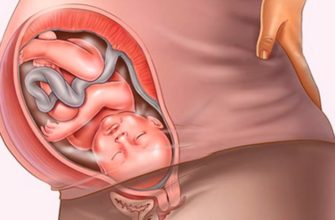
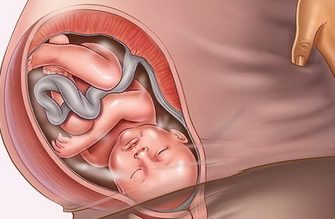
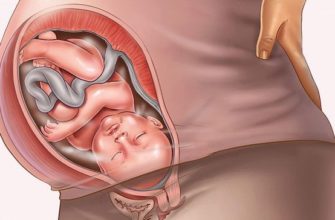
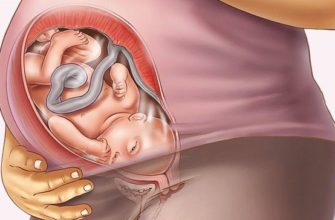
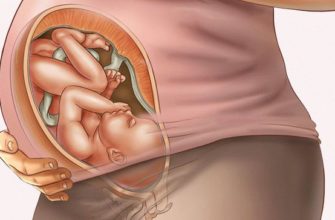
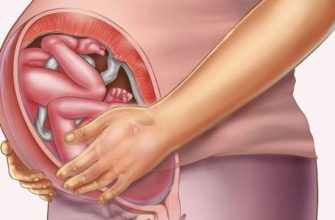
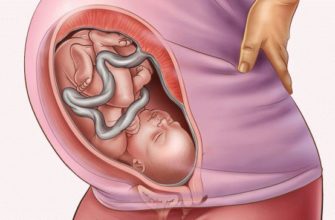
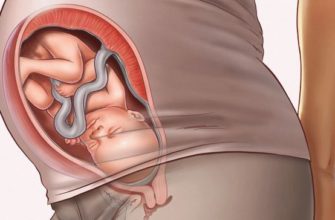
The child is small - and the stomach is very, very! Especially for little mothers. My mother (of small stature) gave birth to me exactly at the thirty-eighth week, and I, too, my first-born - at the end of the week. It did not fit already, apparently)
And in stretch marks there is nothing ugly, these are like insignia, I perceive them that way. Signs of courage.
I remember that when I was pregnant with my second child, he was born to me a little ahead of schedule (7-10 days earlier than planned). I was visiting and I had to go to the toilet for a little need. Suddenly I went “water” “from there”. Fights began. I had to urgently call an ambulance and go to the hospital. Morality: Be less nervous and give in to stress.
They were preparing for childbirth, but still the contractions began unexpectedly at night. They took away in an ambulance, things were all left at home, it was good that they accepted without documents, it just flew out of my head, only in the morning my husband brought it. I would advise you to collect everything you need and put it right at the door, so as not to forget.
Today we have 38 weeks. It is very difficult to move around, pain in the lower back, legs, and terribly pulls the lower abdomen ... ..it would be nothing if only not to sit in class .... The bag in the hospital is almost assembled, but apparently you need to hurry to finish it. If I don’t give birth this week, then they will put me in the hospital to wait for the baby to appear.
Girls all have successful and easy births. I have 2 pregnancies with the first one in the birthdays. Now at 38 weeks. At 36 the cork has come off. The stomach has dropped. I can put a palm between my chest and stomach. The obstetrician says the neck is soft. false anxiety lost weight and opitis diarrhea disappeared as if the body was preparing nipples ticking and still did not give birth